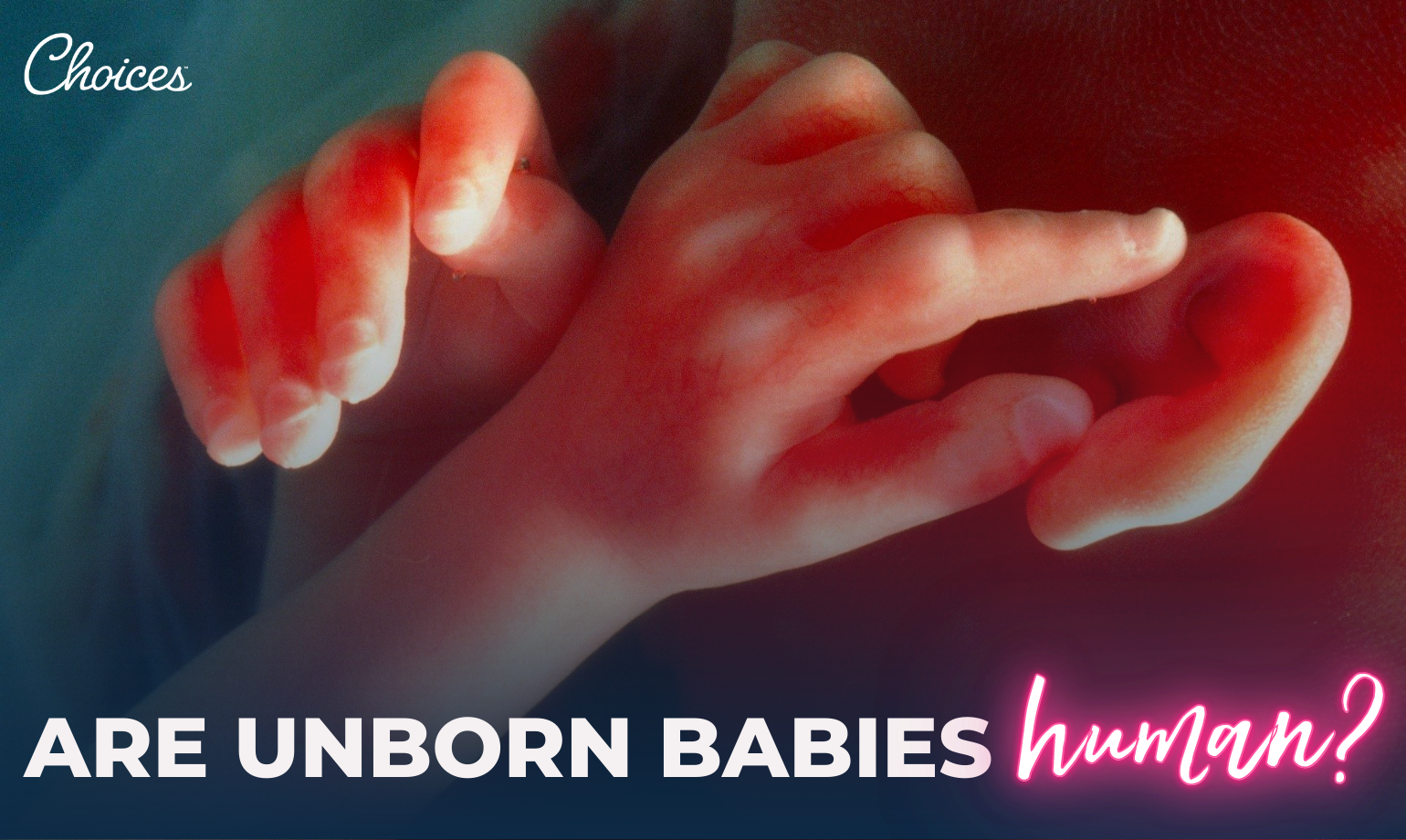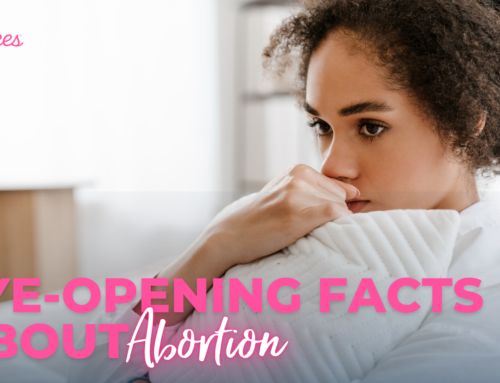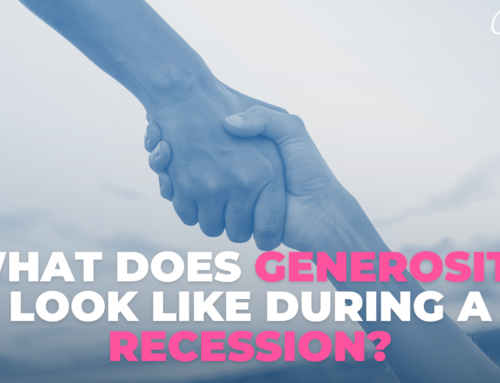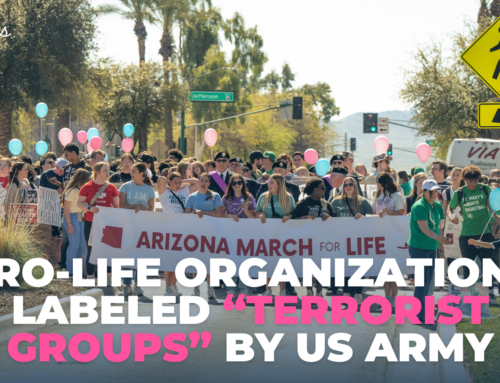When abortion first became legalized, it gained acceptance primarily because of one assumption: unborn babies were not considered human beings.
An unborn baby was termed a “clump of cells.” If a fetus is just a clump of cells, abortion is no different than pulling a tooth or having a tumor removed. Of course, a woman should have the right to any medical procedure she chooses when it applies to her own body.
At the time, this argument seemed plausible. Apart from modern ultrasound tech, many people had no idea what occurred during pregnancy. For many years the abortion debate become a “he said, she said” argument: I say it’s human, and you say it’s not.
But the conversation has changed.
No one honestly believes that a fetus is only a clump of cells anymore.
Here Are The Facts:
In academic circles, even among pro-abortion biologists and bioethicists, this debate is no longer even under discussion. The advent of ultrasounds and modern medicine overwhelmingly confirms that an unborn baby is a human being.
Even at the moment of fertilization, the fetus has all the DNA-coded information it needs to be a totally separate person. At conception, “ethnicity, hair color, eye color, and other traits are already determined.”
The baby’s heart beats as early as week three, and limbs and major organs are perfectly formed by week four or five. It has been shown that “In the seventh week after conception, networks of neurons produce brain waves that have been recorded as early as 6 ½ weeks after conception. The embryo spontaneously moves his arms, hands, and legs and may even hiccup. The embryo’s heart now has all four chambers.”
Additionally, many pro-abortionists push partial-birth abortion, conclusively proving that the baby’s humanity never created a moral barrier to ending its life.
To quote Mark Heller, a doctor who regularly performs abortions:
“I experience a mixture of horror and relief when I crush the skull of a second-trimester fetus, knowing that I will be able to safely complete the procedure, but also I will see the squashed face and bulging eyes of the baby I just killed” (1).
What Now?
If we are all clear that abortion is the taking of human life, why then do so many doctors, politicians, and citizens still support abortion?
The answer is simple. Experts no longer attempt to deny the *humanity* of unborn babies. Instead, they deny that unborn babies are “persons.”
“Abortion supporters have lost the argument on the scientific level. They can no longer deny that an embryo is biologically human. As a result, they have switched tactics to an argument based on personhood defined ultimately by their own personal views and values” (2).
A crucial distinction is made here. America was founded on the belief that every human being has a right to life. But that is no longer the case. Just being human is not enough anymore.
So… what constitutes life? In this new economy, who counts? At what point is a human life worth saving and protecting? Are you a person who can crawl or order french fries?
In attempting to answer that question, Joseph Fletcher, one of the twentieth century’s most influential philosophers and bioethicists, said that to be truly considered human, you must fulfill fifteen standards. These standards included qualities such as self-awareness, futurity, memory, and others (3).
In other words, to be worth living, you must fit a specific list of criteria.
Paul Bloom, a professor of psychology at Yale University, put it this way:
“That’s why people often appeal to science to answer the question “When does life begin?” in the hopes that an objective answer will settle the abortion debate once and for all. But the question is not really about life in any biological sense. It is instead asking about the magical moment at which a cluster of cells becomes more than a mere physical thing.”
So… when is that “magical moment,” Dr. Bloom?
When is a human being counted *worthy* to live? When are we good enough?
As soon as we start defining life, or those who have the right to live according to a predetermined set of standards, we have a major problem.
For starters, many of the “traits” listed that make a person human emerge gradually, such as cognitive functioning and memory. Furthermore, in any given sample of humanity, you will find varying levels of intelligence, even among adults. Does that mean that a smarter person is “more human?”
But it gets worse. Haven’t we already learned that as soon as you start defining one quadrant of the population as “more worthy” than another, you are getting into hot water?
Do we think that children must prove themselves smart enough or worthy enough in order to simply stay alive? Sounds a little harsh. Yet this is precisely what experts are promoting. Children with Down Syndrome, for example, do not qualify as “worthy,” according to this philosophy, and must be terminated.
At Choices Pregnancy Centers, we are all about helping women get the facts and information necessary about pregnancy and their unborn baby so that they can make informed choices.
We offer educational classes, free ultrasounds, and resources. Give us a call or set up an appointment today to find out how you can support our ministry in this important work!






